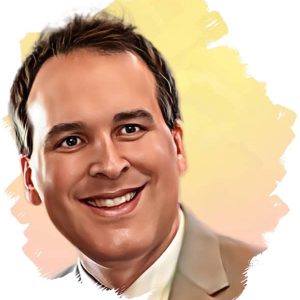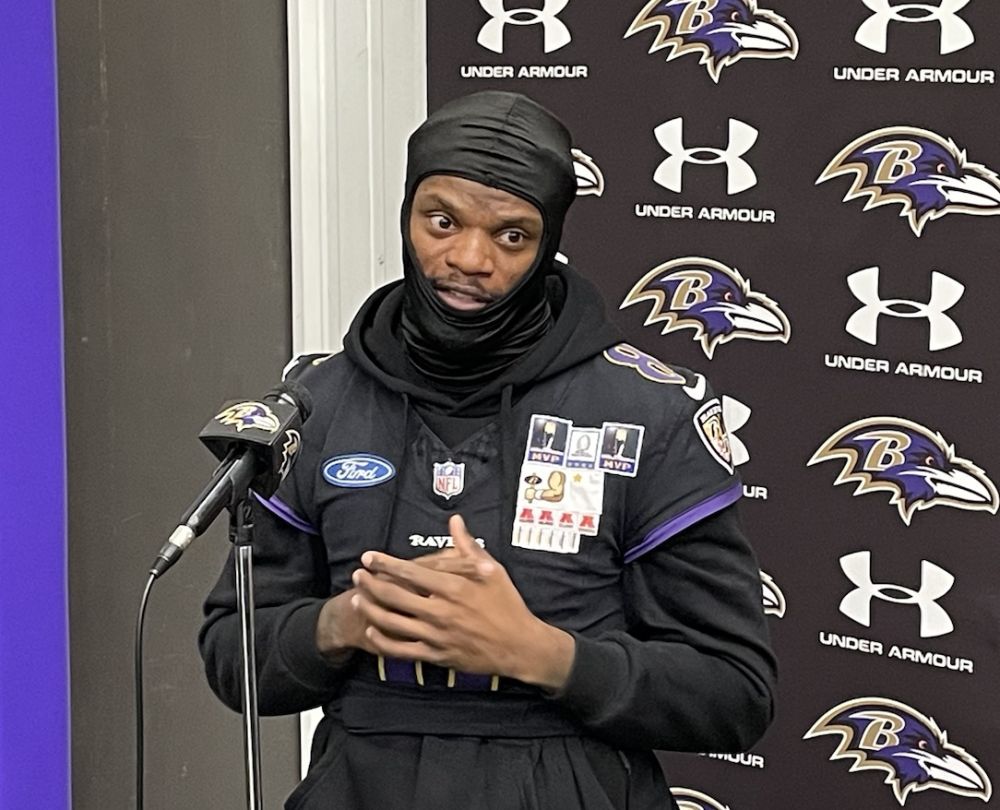Instead of receiving good news in Tuesday’s return visit to Dr. Michael Collins, a concussion specialist in Pittsburgh, Orioles second baseman Brian Roberts was given the same message he’s received for over a month:
Wait and rest.
Roberts was not cleared to resume baseball activities in his third visit to Collins, meaning he will not return until after the All-Star break at the earliest. The 33-year-old hasn’t played since May 16 when he started experiencing concussion-like symptoms after sliding headfirst into first base against the Red Sox at Fenway Park.
The fact that this is Roberts’ second bout of concussion-related symptoms in less than a year causes more concern regarding the immediate — and long-term — health of the Baltimore leadoff hitter. Roberts missed the final six games of the 2010 season after whacking himself in the head — helmet on — with his bat in frustration. Those symptoms persisted into the offseason for weeks before Roberts declared himself ready to go several weeks before the start of spring training.
Counting the herniated disk in his lower back that sidelined him for the better part of four months last season, Roberts has experienced three significant injuries in a little over a year. Entering Tuesday, Roberts has missed 134 of the Orioles’ 232 games the last two seasons.
Even with two years and $20 million remaining on his current contract, is Roberts facing too steep a climb to get himself healthy and back to the impact player he once was? And dealing with head-related injuries, is it worth it?
To his credit, the 5-foot-9 infielder has fought back his entire life. From the childhood heart surgery that stunted his growth to his first few years in the big leagues in which he competed with — and ultimately bested — incumbent second baseman Jerry Hairston for a starting job, Roberts has always defied the odds and silenced those who said he couldn’t be successful.
But concussions and head injuries can be a different story altogether, as we’ve seen far too many times in contact-driven sports like football and hockey. Careers, even lives, can be severely impacted without taking the proper measures to ensure an athlete is fit to return to competition.
For a player of Roberts’ profile, that of a middle infielder utilizing his speed and often playing with reckless abandon, the increased risk of suffering subsequent concussions should make him take pause as he anxiously waits to resume baseball activities. And that’s not even taking into account the back issues that flared up again during spring training.
Last week marked the 10th anniversary of Roberts’ major league debut when he started at shortstop on June 14, 2001, Cal Ripken’s final season with the Orioles. Despite a forgettable decade in the win-loss column, Roberts has been the consummate professional, earning trips to the All-Star Game in 2005 and 2007 and being regarded as one of the best second basemen in all of baseball.
Off the field, Roberts has embraced the local community with efforts such as his One for All Fund and the annual “Brian’s Baseball Bash” to benefit UMHC’s pediatric cardiopulmonary and child life programs.
Roberts has been one of the Orioles’ lone bright spots of the new millennium, making the last 16 months difficult to watch for those who’ve rooted for the second baseman over the last 10 years.
As concerning as his current health situation might be, I’m not ready to count him out. Roberts has been defying the odds his entire life, and perhaps this is just the latest trial he’ll overcome.
But putting aside baseball, money, and fans anxiously — and in some cases, impatiently — awaiting his return, Roberts needs to do what’s best for his future.
Hopefully that means Roberts’ return to the diamond sooner rather than later, but only if he’s not putting himself at risk in the future.






















